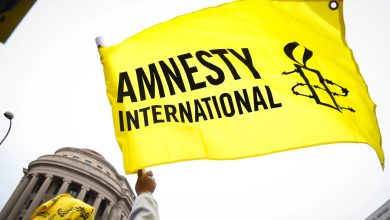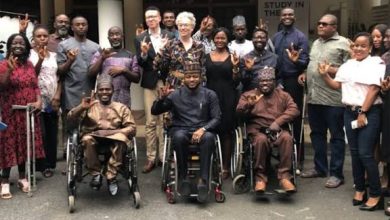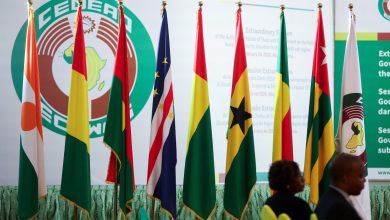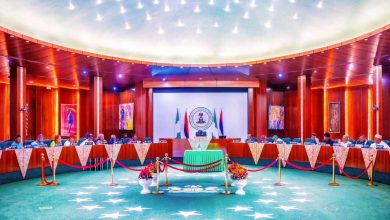Tinubu approves presidential pardon, removes convicts of serious crimes from clemency list
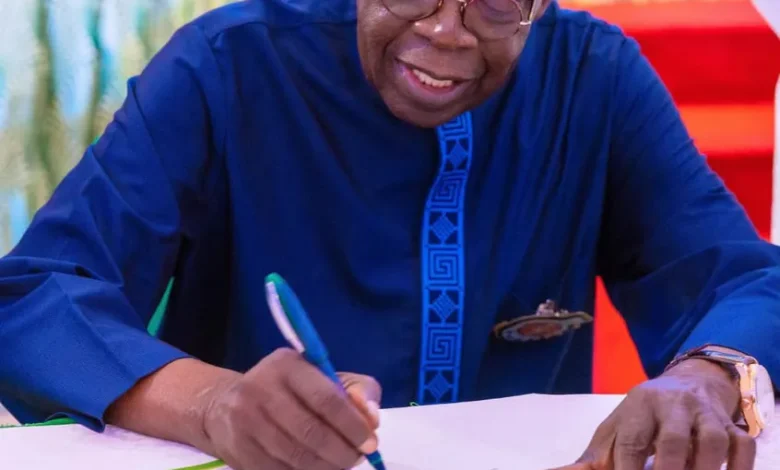
President BolaTinubu has signed the official instrument of clemency and pardon, completing the constitutional process to release certain individuals convicted of various offences.
However, following a fresh review, the Pre0sidency confirmed that convicts of serious crimes such as drug trafficking, kidnapping, human trafficking, and fraud have been excluded from the final list of beneficiaries.
A statement issued on Wednesday by the President’s Special Adviser on Information and Strategy, Bayo Onanuga, explained that the latest action followed consultations with the Council of State and public feedback on the earlier approved list.
According to Onanuga, President Tinubu exercised his powers under Section 175(1) and (2) of the 1999 Constitution (as amended), which empowers the President to grant pardons and commute sentences.
”The President, he added, directed a comprehensive review to ensure that the prerogative of mercy was applied with fairness, sensitivity, and consideration for national security.
“Following the review, individuals convicted of serious offences—including kidnapping, drug-related crimes, human trafficking, fraud, and illegal possession or dealing in firearms, have been deleted from the list,” the statement read in part.
The Presidency noted that some names retained on the list had their sentences commuted rather than fully pardoned, reflecting a balance between mercy and justice.
The review, according to the statement, was guided by several principles: the gravity and security implications of certain crimes, respect for victims and public sentiment, the morale of law enforcement officers, and Nigeria’s international obligations.
“Justice is a three-way traffic that involves the accused, the victim, and the state or society,” the statement added, emphasising that this philosophy informed the President’s final decision.
The approved list of eligible beneficiaries has now been forwarded to the Nigerian Correctional Service for implementation in accordance with the duly signed instruments of release.
In a related directive, President Tinubu has ordered the immediate relocation of the Presidential Advisory Committee on the Prerogative of Mercy from the Federal Ministry of Special Duties to the Federal Ministry of Justice.
The move, he said, is aimed at ensuring that future pardon exercises align with international best practices and meet public expectations.
The President also directed the Attorney-General of the Federation to issue new guidelines for exercising the prerogative of mercy.
The guidelines will make consultations with relevant prosecuting agencies mandatory before any recommendation or approval is made.
“This step will ensure that only those who satisfy all legal and procedural conditions benefit from future presidential pardons,” Onanuga stated.
President Tinubu expressed appreciation for what he described as the “constructive feedback and engagement” from stakeholders and citizens, reaffirming his administration’s commitment to judicial reform and the effective administration of justice.
Earlier in October, President Tinubu granted posthumous and conventional pardons to Herbert Macaulay, General Mamman Vatsa, and 173 other individuals, sparking mixed public reactions and calls for greater scrutiny of the process.
The latest revisions appear aimed at tightening standards for clemency and ensuring that those convicted of violent or high-risk crimes do not benefit from presidential mercy.
